ATME, Syria, Feb 12, (V7N) – Mehdi al-Shayesh once dreamed of returning home to central Syria after Bashar al-Assad’s fall, but like many displaced families, he found his village in ruins.
"We were overjoyed when the regime collapsed," said the 40-year-old from Atme displacement camp in northwest Syria. But upon reaching his hometown in Hama province, reality hit hard. "Our house was like a small paradise… now it's unlivable due to bomb damage," he told AFP.
Millions of displaced Syrians had hoped to return home after Assad’s ouster on December 8. However, many now face devastation, with homes and infrastructure destroyed. Syria’s transitional authorities are looking to international aid, especially from Gulf Arab states, to rebuild after nearly 14 years of war.
Although Shayesh was able to reunite with family in formerly government-held areas, he couldn’t afford to rebuild and had to return to the camp near the Turkish border. In the harsh winter, smoke rises from fuel heaters as tens of thousands remain in makeshift shelters.
'Homes Razed to the Ground'
Reconstruction poses new challenges for displaced families whose circumstances have changed over years of war. "If we return now… my five married brothers will have nowhere to live and no land to build on," Shayesh said. "Just as we held onto hope for the regime’s fall, we now hope supportive countries will help us rebuild."
Before Assad’s overthrow, over five million people lived in rebel-held areas of Idlib and Aleppo, most of them displaced from elsewhere in Syria.
David Carden, the UN’s deputy regional humanitarian coordinator, reported that "over 71,000 people have left camps in northwest Syria in the past two months," but added that "two million remain in need of life-saving aid." Many cannot return home due to destruction, lack of basic services, or fears of landmines.
Mariam Aanbari, 30, has spent seven years in Atme camp with her three children. "We all want to go back, but there are no homes left," she said.
‘We Will Return’
Her husband’s meager earnings barely cover food and water. "It was hard under Bashar al-Assad, and it’s still hard now," she said, washing dishes in freezing water. Aid remains a lifeline for many, as Syria’s battered economy leaves most in poverty. "I just hope someone helps us, for the children’s sake," she added.
Nearby, Sabah al-Jaser, 52, and her husband run a small shop. "We were happy when the regime fell, but heartbroken when we saw our destroyed homes," she said. Yet, she remains hopeful. "The camp is not home. After this school year, we will return—even if we have to pitch a tent."
END/WD/RH/



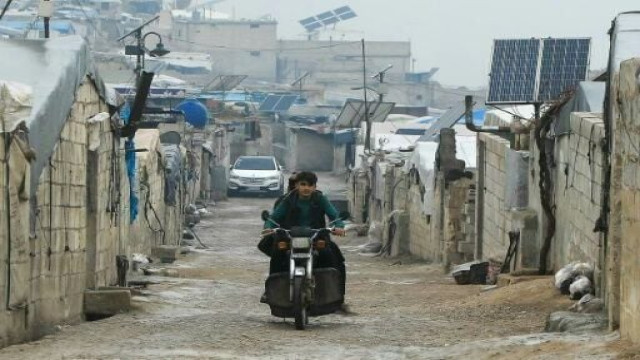

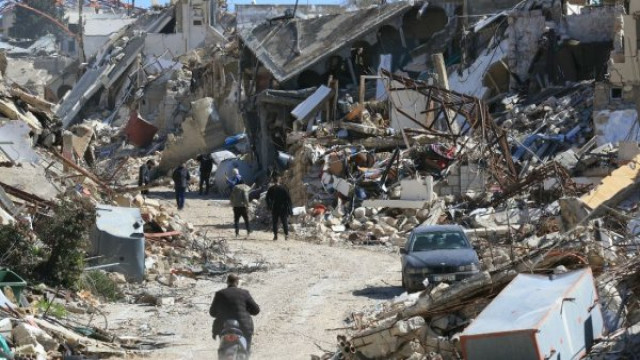

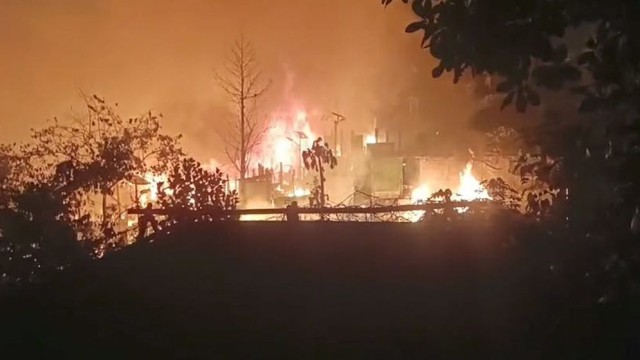

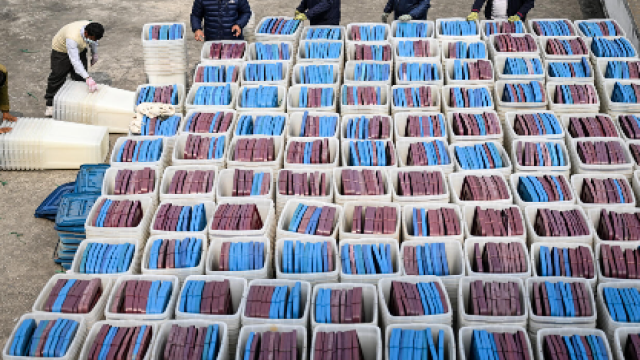


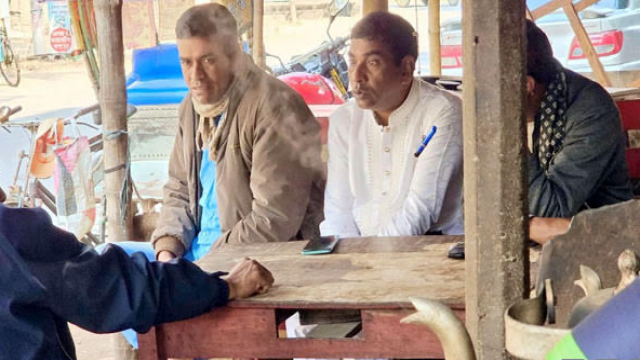


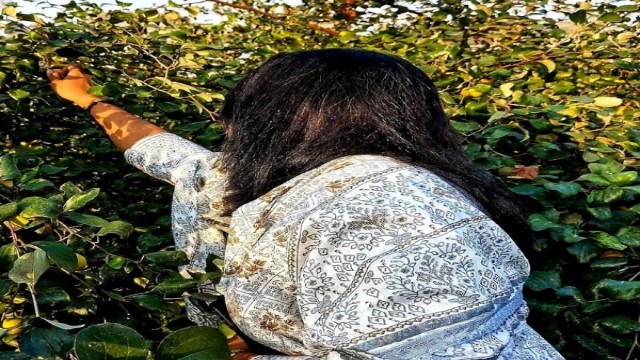















Comment: